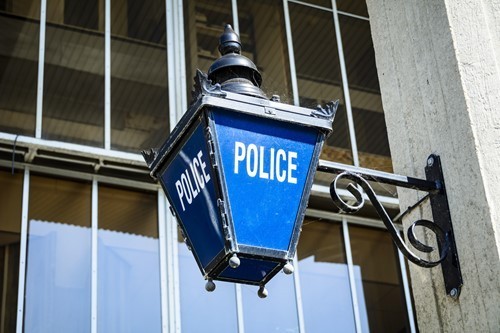In response to a significant rise in cases across the country, the Government recently announced stricter measures in a bid to curb the spread of COVID-19.
As of Monday 14th September, residents in England were told that it would be against the law to host social gatherings with more than six people present. But how is this law being enforced, and what are the ramifications of breaking this new law?
What powers to the police have if I choose to host a social gathering of more than six people at my home?
Any gathering which involves more than six people in total, be it indoors or outdoors, in a private home or in a public space, is now banned in England.
Exemptions have been made for workplaces, schools and colleges, and occasions such as weddings or funerals.
In most areas across England, the mixing of up to six people from multiple households is allowed. However, some areas of the country are now under tighter restrictions due to the rate of infection being especially high. To find out more about local COVID alert levels and whether or not the borough in which you live is currently experiencing a high volume of active COVID cases, you should visit the website of your local council, or use the NHS COVID-19 contact tracing app.
Whereas initially the rules pertaining to social distancing were issued as non-enforceable Government guidance, this latest move has now seen them pass into law. As a result, police are able to take action if you are involved in breaking the law, and fines may be issued.
How much could I be fined?
Those who refuse to disperse when instructed by police officers could be issued with a £100 penalty ticket (which is reduced to £50 if paid within 14 days). However, this figure doubles with each additional offence, rising to £3,200 for six or more offences.
As the organiser of an illegal gathering in England, the fine can reach up to £10,000.
Can the police enforce the rule of face coverings in shops?
In short, yes. If you are in England, Scotland or Northern Ireland and you refuse to wear a face covering whilst in a shop (without being exempt for medical or other reasons), you could face a fine of up to £100.
Although shop staff and security guards have no formal powers to enforce this rule, they may choose to have the dispute resolved by the police, in which case a fine is likely to be issued.
Face coverings are required in most public spaces across the UK, including in transport hubs such as airports or train stations, in taxis, on public transport, in shops, supermarkets and shopping centres, in theatres, in libraries, in community centres, in places of worship, in conference centres, hotels and visitor attractions such as museums, cinemas or bowling alleys, and at any premises which offer hospitality, including bars, pubs, restaurants and cafes (unless you are sat at a table to eat or drink).
Those who are legally exempt from wearing a face covering include:
Children under the age of 11
People who cannot put on, wear or remove a face covering because of a physical or mental illness or impairment, or disability
People who may become severely distressed when putting on, wearing or removing a face covering
People who are speaking to or providing assistance to someone who relies on lip reading, clear speech or facial expressions in order to communicate
Police officers and other emergency workers, where wearing a face covering would interfere with their ability to serve the public
You may also remove your face covering:
If asked to do so in a bank, building society, or post office, for identification
If asked to do so by shop staff or relevant employees for age identification purposes when buying age-restricted items such as alcohol or tobacco
If required in order to receive treatment or services, such as a facial
In order to take medication
If you’d like to speak with a member of our team, contact DRN on 01282 433241 and we will be more than happy to provide further information on the options that are available to you.























